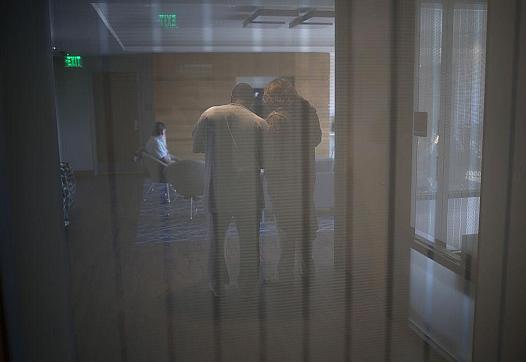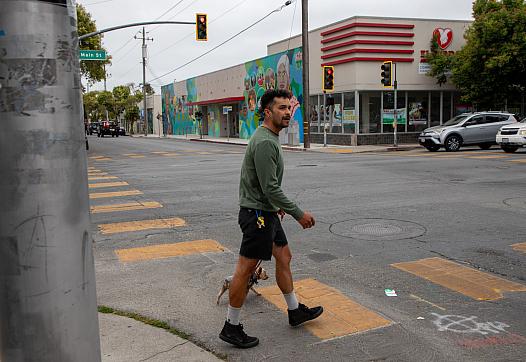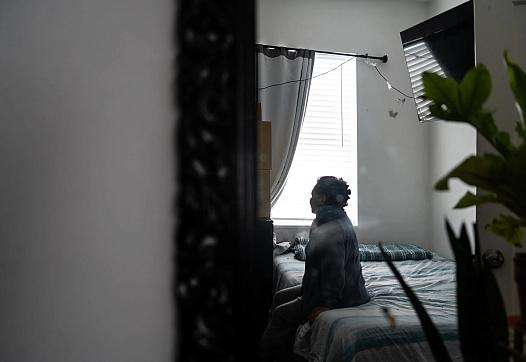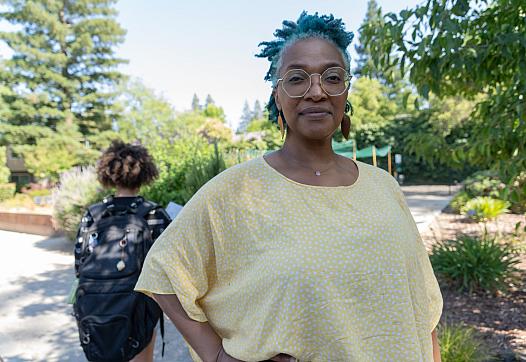
Contrary to many predictions, abortions did not decline nationally after the Supreme Court's Dobbs decision. Here's what's behind the trend.

Contrary to many predictions, abortions did not decline nationally after the Supreme Court's Dobbs decision. Here's what's behind the trend.

In her new book, journalist Shoshana Walter revelas how many programs exploit patients, bar mothers, underuse buprenorphine, and worsen racial and gender disparities.

Plans include road diets, lower speed limits, rerouting highways, and adding engineers to improve safety.

The embrace of doula support even in Republican-led states is colliding with sweeping federal cuts to health care, public health and research on health disparities.

Limited maternity care options in the Inland Empire forces pregnant women like Brittany Montanez to travel long distances, risking delays during emergencies.
New toolkit helps doctors address patients’ financial needs – a role doctors say they feel thrust into amid worsening crisis.
Companies claim they can help hospitals seeking to get paid by ‘subprime patients’ amid Republican health cuts.

Many with menopause symptoms miss treatment due to high costs and insurance denials. A California bill seeks to mandate coverage, challenging prior authorization barriers imposed by insurers.

G.H, a 51 year old immigrant applying for legal status, fears that the coming healthcare policy changes might impact her ability to afford the medical care she needs. California, facing its own budget crisis, has already scaled back parts of its Medi-Cal expansion program, and along with the federal spending bill, people like G.H. might find themselves excluded from getting basic healthcare needs met.

Despite years of pledges to address systemic racism and discriminatory discipline practices, the most recent state data show that two school districts, Sacramento City Unified and Elk Grove Unified, continue to suspend Black students at some of the highest rates in California.